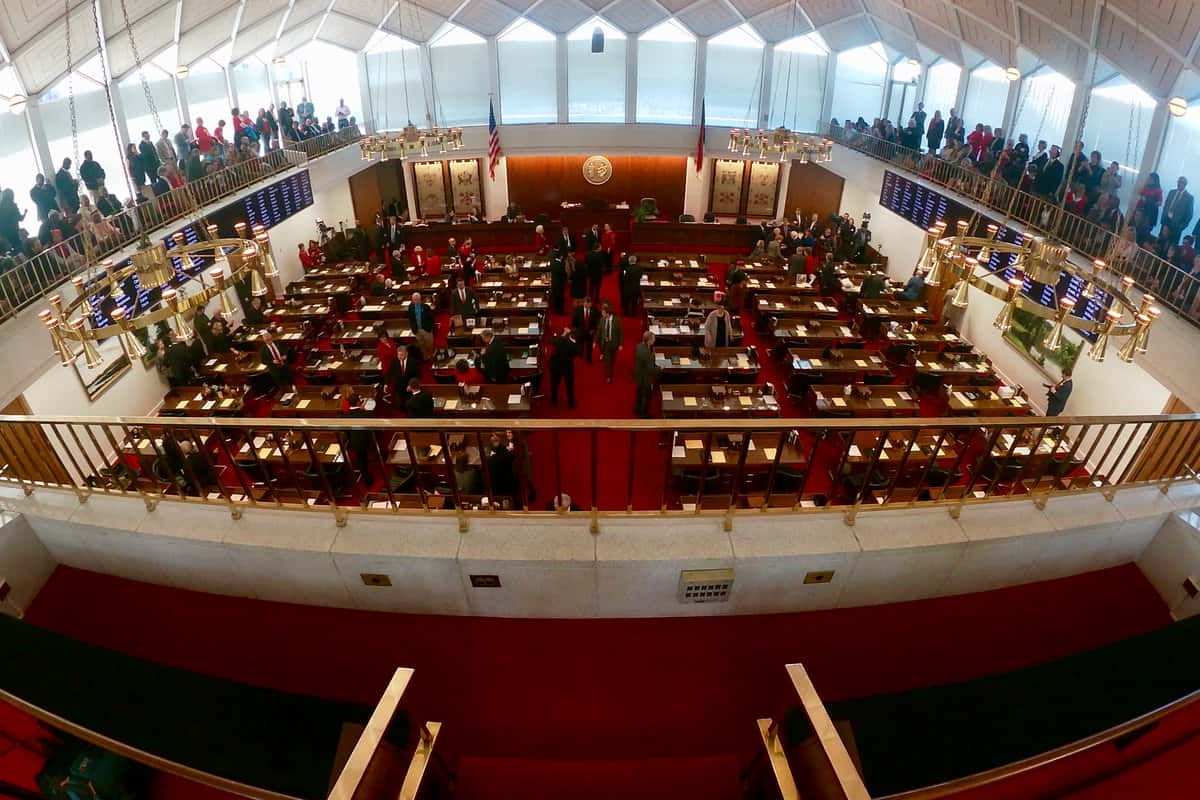A Senate bill proposed by Republican Senator Phil Berger aims to reduce personal income taxes in North Carolina on an annual basis, starting this year.

Senate Bill 651, titled Tax Relief For All, was co-sponsored by Senators Bill Rabon and Paul Newton
The one-page bill plans to lower state individual income tax rates in North Carolina annually, beginning with the current tax year. In 2023, the rate will drop from 4.75% to 4.5%. This will be followed by reductions in 2024, 2025, and 2026, lowering the rate to 3.99%, 3.49%, 2.99%, and 2.49%, respectively. The current personal income tax rate in North Carolina is 4.75%, which was reduced from 4.99% earlier this year.
Senator Berger argued that Senate Republicans prefer to reduce taxes, enabling taxpayers to retain more of their hard-earned money, rather than Democrats who want to increase taxes to fund a costly, big-government agenda. A decade ago, North Carolina had the highest personal income tax rate in the southeast, with a 7.75% personal tax rate and a 6.9% corporate income tax. However, Republican lawmakers’ tax reforms have made North Carolina one of the states with the lowest personal income tax rates in the southeast.
Senator Rabon remarked that when Republicans took over the legislature, the Democrats had left them with a bloated tax system
Today, the state’s tax system is competitive, and lean, and allows for continued improvements that benefit all North Carolinians. Senator Newton added that the tax policy has been successful, and they plan to build on that success by returning a significant amount of money to taxpayers while still maintaining the revenue required to run the state smoothly.
In contrast to Republican lawmakers’ proposed spending of $29.7 billion in 2023-24 and $30.8 billion in 2024-25, Democratic Governor Roy Cooper‘s final budget proposal suggested spending $67 billion and increasing spending by $33 billion this year or 18%, followed by an additional $34.2 billion the year after, a 3.9% increase. The press release also criticized Governor Cooper for calling for a tax hike in his proposed budget, which Republican leadership labeled as “reckless.”
READ ALSO: IRS Expected Return Over 168 Million In 2023




